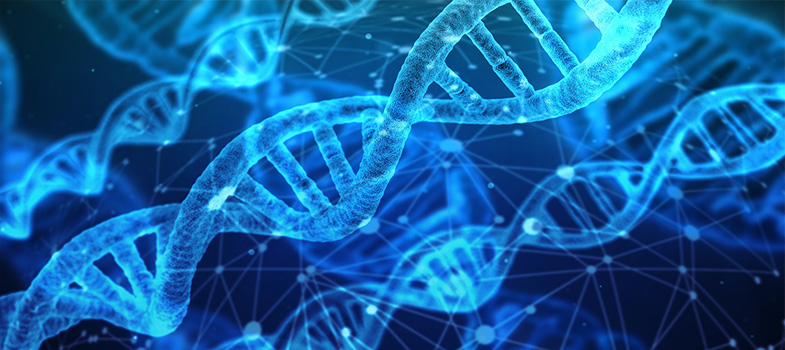The standard view of this forum does not always work well with
assistive technology. We also provide a simpler view, which still contains all features. Switch to simple view.
My OpenLearn Create Profile
- Personalise your OpenLearn profile
- Save Your favourite content
- Get recognition for your learning
Already Registered?
Page path
Course content
View course content
- ExpandOverview
- What is this MOOC about?Open Science is about putt...
- Before we start...
- Welcome, please introduce yourself!
- What Open Science animal are you? Take the quiz!
- Open Science attitudes, take the survey!
- General information
- General Guidelines
- Meet your instructors!
- How to succeed in a MOOC?
- General Resources
- Glossary: Open Science in the Life Sciences
- Support Forum
- ExpandWeek 1: Publishing & Open Access - Part I
- Welcome to Week 1! This week you will learn about ...
- This week's lessonsClick through the lessons below...
- Start Lesson 1.1: What is Open Access ?
- Start Lesson 1.2: Routes to Open Access
- This week's assignmentsIn these small assignments ...
- Assignment 1: Journal Open Access policies
- Assignment 2: Self-archiving
- Assignment 3: Publishing Quiz
- Assignment 4: Join the discussion
- This week's forum discussionThink about your own e...
- Week 1 Forum
- Bonus MaterialYou want to learn more? Here is some...
- Podcast: Björn Brembs - 'There is no spoon'
- Movie: Paywall - the business of scholarship
- ExpandWeek 2: Publishing & Open Access - Part II
- Welcome to Week 2!
- This week's lessonsClick through the lessons below...
- Start Lesson 2.1: Open up your research!
- Start Lesson 2.2: Understanding Peer Review
- Start Lesson 2.3. Preregistration and Registered Reports
- Glossary: Open Science Tools and Platforms
- This week's forum discussion:Have you ever preregi...
- Week 2 Forum
- This week's assignmentsThis is an overview of your...
- Assignment 1: Open Science Tools and Platforms
- Assignment 2: Open Collaborative Peer Review
- Assignment 3: Join the discussion!
- Bonus MaterialYou want to learn more? Here is some...
- DORA: San Francisco Declaration on Research Assessment
- PlanS: Open Access by default for publicly funded research
- ExpandWeek 3: Research Data Management
- Welcome to Week 3!
- This week's lessonsClick through the lessons below...
- Start Lesson 3.1: Why Manage Research Data?
- Start Lesson 3.2: Guide to Research Data Management
- Start Lesson 3.3: Create a Data Management Plan
- This week's forum discussionIf you think or your o...
- Week 3 Forum
- This week's assignmentsThis is an overview of your...
- Assignment 1: Create a Data Management Plan!
- Assignment 2: Join the discussion!
- ExpandWeek 4: FAIR & Open Data
- Welcome to Week 4!
- This week's lessonsClick through the lessons below...
- Start Lesson 4.1: FAIR and open data
- Start Lesson 4.2: FAIR data workflows
- This week's forum discussionIn this week's forum d...
- Week 4 Forum
- This week's assignmentsThis is an overview of your...
- Assignment 1: Join the discussion!
- Assignment 2: Creating Metadata
- Bonus MaterialYou can't get enough and want to lea...
- Webinar: Open Science Framework
- Handbook: The Turing Way
- ExpandWeek 5: Science Communication & Public Engagement
- Welcome to Week 5!
- This week's lessonsClick through the lessons below...
- Start Lesson 5.1: Science Communication - Overview
- Start Lesson 5.2: Science Communication - How to Communicate?
- Start Lesson 5.3: Citizen Science
- This week's forum discussionPlease join your peers...
- Week 5 Forum
- This week's assignmentsThis is an overview of your...
- Assignment 1: Subject Communication Excercise
- Assignment 3: Join the discussion!
- Assignment 2: Pitch Yourself!
- ExpandWeek 6: Reflection & Action
- Welcome to Week 6!
- This week's lessonClick through the lesson below a...
- Start Lesson 6.1: Reflection & Action
- This week's forum discussionPost about your most s...
- Week 6 Forum
- Please give us feedback on the MOOC!
- Please give us feedback on our MOOC!
About this course
- 12 hours study
- 1Level 1: Introductory
- Course description
Course rewards
Free Statement of Participation on completion of these courses.

ORION MOOC for Open Science in the Life Sciences
If you create an account, you can set up a personal learning profile on the site.
For further information, take a look at our frequently asked questions which may give you the support you need.
If you have any concerns about anything on this site please get in contact with us here.